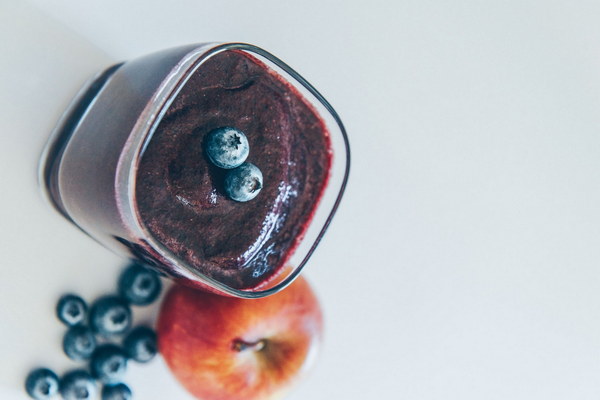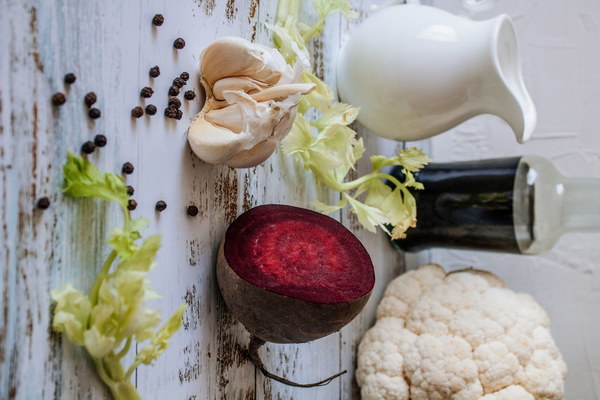Springtime Rituals The Best Ways to Nourish Your Stomach
As the vibrant hues of spring paint the world around us, it's a time for renewal and rejuvenation, not just for our souls but also for our bodies. Spring is the perfect season to pay special attention to our digestive health, as the weather change can often disrupt our stomach's natural balance. In this article, we delve into the best practices for nurturing your stomach during the spring season.
1. Adjust Your Diet
Spring is a time for lighter, more easily digestible foods. Incorporate more fresh, seasonal produce into your meals. Vegetables like asparagus, artichokes, and fennel are excellent choices, as they are known to aid digestion. Berries, which are rich in antioxidants, can help reduce inflammation and support a healthy gut.
To keep your stomach happy, avoid overly spicy or greasy foods that can irritate the digestive tract. Instead, opt for warm, soothing soups and stews that can help ease any bloating or discomfort.
2. Hydration is Key

The body often requires more fluids during the spring due to the warmer weather and increased physical activity. Drinking plenty of water is crucial for maintaining healthy digestion. Aim for at least 8 glasses a day, and consider adding a slice of lemon or cucumber to your water for a refreshing twist.
Herbal teas can also be beneficial for digestion. Ginger tea, for instance, is known for its anti-inflammatory properties and can help settle an upset stomach. Chamomile tea, on the other hand, is a calming herb that can help with indigestion and bloating.
3. Regular Meals and Snacking
Maintain a regular eating schedule, as irregular meal times can lead to digestive issues. Eating small, frequent meals can help keep your stomach balanced and prevent overeating, which can lead to discomfort.
Choose healthy snacks that are easy on the stomach, such as yogurt with nuts or a handful of almonds. These snacks provide essential nutrients and help keep your metabolism active.
4. Exercise and Movement
Regular physical activity is essential for maintaining a healthy digestive system. Gentle exercises like walking, cycling, or yoga can stimulate the digestive tract and improve circulation, which in turn, can help with digestion.
Avoid exercising immediately after meals, as this can disrupt the digestive process. Instead, wait at least an hour after eating before engaging in physical activity.
5. Manage Stress
Stress can have a significant impact on your digestive health. When you're stressed, your body produces more cortisol, a hormone that can slow down digestion and lead to discomfort.
Incorporate stress-reduction techniques into your daily routine, such as meditation, deep breathing exercises, or spending time in nature. These practices can help lower stress levels and improve your overall digestive health.
6. Supplements and Herbs
If you're looking to support your digestive health, consider incorporating certain supplements and herbs into your routine. Probiotics are live microorganisms that can help maintain a healthy balance of gut bacteria. Prebiotics, which are non-digestible fibers, can also support the growth of good bacteria in the gut.
Herbs such as peppermint, chamomile, and ginger can help soothe an upset stomach and reduce inflammation. Consult with a healthcare professional before starting any new supplement or herb to ensure they are safe for you.
In conclusion, spring is the ideal season to focus on nurturing your stomach. By making simple adjustments to your diet, lifestyle, and stress management techniques, you can ensure that your digestive system remains healthy and happy throughout the season. Embrace the fresh start that spring brings and give your stomach the care it deserves.









